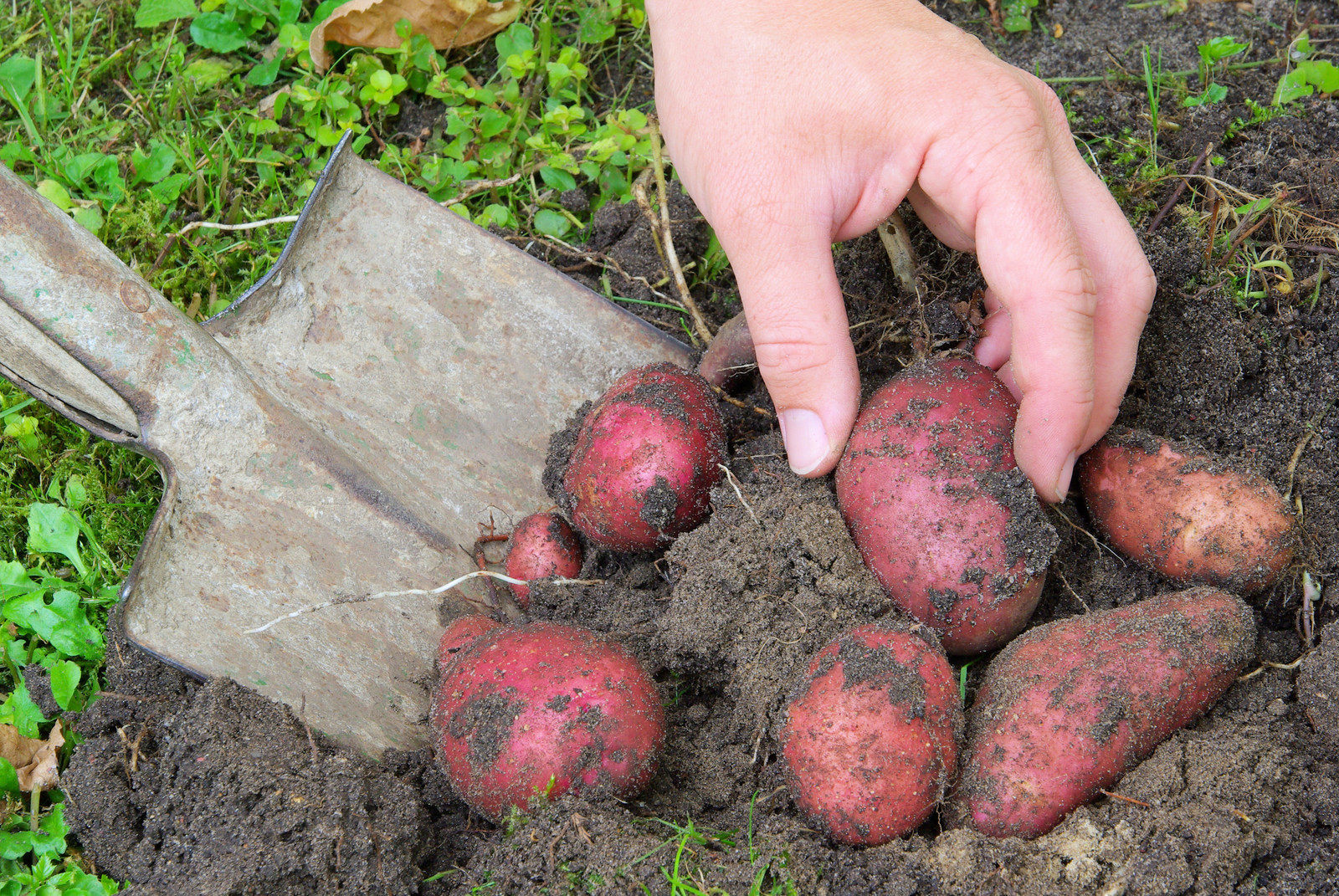If you enjoyed this menu blog, please help us create our 2024 Community Pantry. We can do it together.
CAN DO: Nourish the Community
This menu blog series is lovingly curated in memory of my Mom, Uncle Steve, and memories of Gomerich Farm in South Wellington.
I didn’t really get the phrase “keeping up with the Jones'.” It sure didn’t fit my experience as part of a family called Jones. I thought we were poor. I believed this because my dad would show me the lint from his empty wallet. I believed him when he said, “We can’t afford it.” Which is something he always said.
We were a blue collar family that lived pay check-to-pay check on the fringes of Harewood, a tough Nanaimo neighbourhood. My dad was raised in BC mining towns and my mom was raised on an orphanage in Bradner with two of her five siblings.
The Jones Family paper route kids circa late 1970's.
All four Jones kids were adopted eighteen months apart in the mid-to-late 1960's from the Catholic's Children Aid. The 16 year old Cree mother that gave birth to me was instructed by social workers to erase my native heritage from my adoption records because I looked "white enough" to get into a good home. This is how I became a Jones.
"Waste-not, want not" was an expression that permeated our Aysgarth Street home. I hated that expression. I heard it every day, several times over. I heard it pretty much every time we left something on our plate, went to throw something out that was still useable, or neglected to pick up a pop bottle on the roadside. My mom or dad would utter, "Waste not, want not", and we would know the drill.
But of course, we were poor and lived in Harewood, right? We were lucky kids and much better off than "all the starving children in China", and all those families that “didn’t have a pot to piss in.” This was before such a thing as political correctness. It was the '70's, and parents then said such things.
My dad was a pro scrounge and mighty proud of it. “One man's trash is another man's treasure", he would say. Lessons on scrounging were plentiful. We went for long evening drives that often resulted in picking up roadside scrap wood for the wood-stove. He taught us to walk next to car doors to find fallen change or bills. And to always check the change trough in the pay phones in case someone forgot to claim their coins from a call that wasn’t answered.
To us kids, recycling equalled penny candy, and we were more than happy to do it. Allowance? That's what rich kids got or lazy parents gave to their kids, we were told. Yes, the Jones kids scrounged for our play money and had paper routes for our holiday savings.
Okanagan fruit picking during summer holidays.
Ah, the family paper route. Wednesday nights we worked as a six man team to deliver over 1000 papers on the Super Saver route. The money we earned got stashed in washed, repurposed Chinese food containers from Wei’s Café. Containers back then were made of sturdy plastic. Not only did they hold our holiday savings carefully labeled with a jiffy marker, but they were our bins for crayons and you name it. Garbage to most families was Tupperware to us.
Camping was our family holiday. According to dad, our taxes paid for Crown lands so we owned the provincial campgrounds. It was the same routine every holiday morning – breakfast then the beer bottle run began. After we filled up the back of our truck, we cashed in our haul for loot. But picking up beer bottles was not just about making money - it was our duty as co-owners to clean the campsites. That was the Jones family holiday.
We shopped at the local Co-op because we "owned it" too. Mom dutifully marked the prices with the black crayon provided and we packed our own bags, all resulting in significant savings. We held a Plan 24 account at the local credit union. We owned that too, of course.
We didn't get our food the way the most kids in our neighbourhood did. We picked our own berries from the sides of Gomerich Road and ate apples that had been pecked by birds. Half our backyard was a vegetable garden and my parents cleverly disguised working in the garden as fun.
We used to have “cousin exchanges” over the summer and one of my cousins still says the best meals she had in her life were at our house. “You could have all the cucumbers you wanted – as long as you picked them.” We never washed them, we didn’t have to.
Most eggs, berries, and cordial came from Auntie Mary's farm. Most fruit came from road stands or was hand-picked by us from Okanagan orchards.
Our vegetables came from either our backyard or Uncle Steve's farm. Snacks were mutant three legged carrots, crazy shaped tomatoes, peas, and beans. Eggs had brown speckled shells and dark orange yolks, often doubled up.
We actually got to meet the cow before it went to the butcher and visit the chickens who gave us their eggs. We learned at a very young age the meaning behind "running around like a chicken with your head cut off," thanks to Uncle Joe who would laugh while we screamed.
Buying fish in a store was unheard of - our fish came from Uncle John's boat and we had it at least twice a week – salmon, cod, halibut. There was always a big flap when he came with a halibut – it took up the entire bathtub and sent our mom into a filleting mania.
Farm-to-table meats and vegetables can be found at many of the restaurants featured on tastemagazine.ca.
Fertilizer came from the fish plant where my mom worked seasonally, from Uncle Steve's horses, or from our kitchen scraps.
Everything was eaten in season or preserved for future seasons. Aside from camping, summer's were spent canning. My mom had four sets of little hands to help prepare all the fruits and vegetables for preserving. This was a service we performed for the privilege to stay up past bedtime to watch the Love Boat and Fantasy Island. We canned peaches, pears, cherries, beans, beets, and carrots. Cukes and onions were for pickling.
I've spent most of my life trying to "Rise above my raising." I escaped Harewood for higher education back East, flew to Japan for even more education, and lived most of my adult life in the surreal Banff, Canmore, & Whistler bubbles, working hard and playing hard. I’ve gone to great lengths to run from my "poor past" and do the things "only rich people did."
And yet, it is funny how much nothing really changes: I'm still a tomboy who wears sneakers and sweats; My current “paper-route” (i.e., a media company) is now massive and extends over two provinces to over 1200 locations. I prefer camping and small space living – I love the tiny home movement - and my plate usually consists of meat and two veggies.
I finally accept, appreciate and respect the way my parents raised me and us Jones kids. Their values and practices around hard work and sourcing quality food for their family makes sense. Actually, it more than makes sense - it shows incredible commitment to social and ecological values of wellness and sustainability. It is the only way forward. No more shame for me in this this lifetime. Scrounging is in. Hand-me-downs are fashionable. Even ugly vegetables are cool.
CAN DO - Nourish the Community, is a “Community Pantry” made possible by utilizing the principal of "waste not, want not" within a commitment to wellness and sustainability. We are a group of people who volunteer our time to gather, preserve, distribute, and educate. We glean neighbour gardens and growers' farms. We pick the fruit and berries that no one else will, and accept perishing perishables from grocery outlets just-in-time. Today's goodness is saved for tomorrow's dinner table.
The CAN DO Community Pantry feeds our community's working poor, disabled, elderly, and students. CAN DO is an initiative of the Positive Pathway Foundation, reconciling our past, healing our future.
Please help us to help others through your donation of funds or volunteer time.








